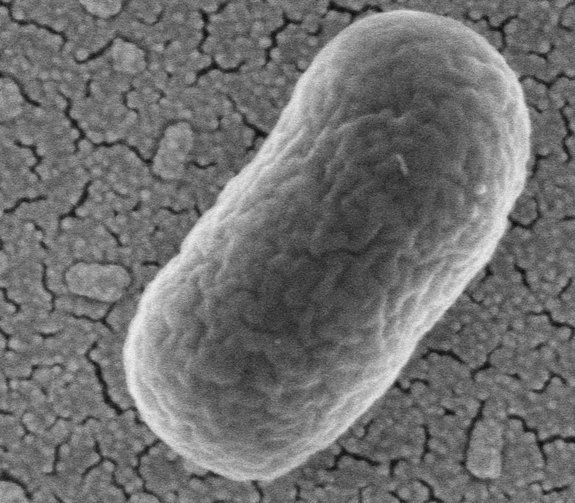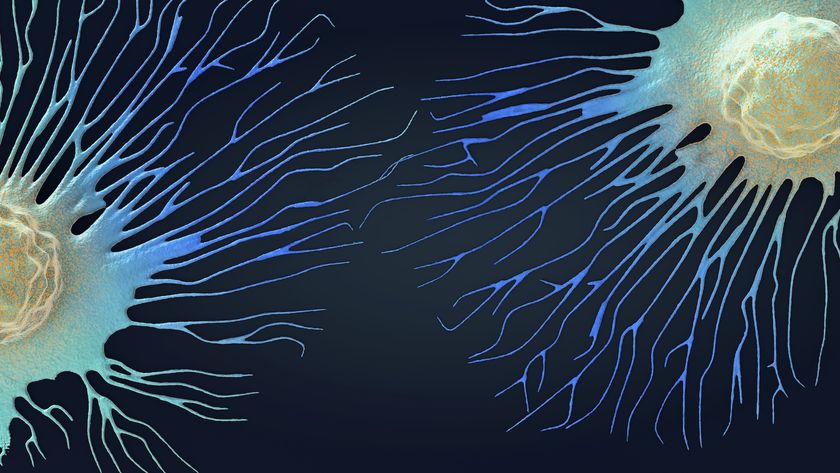Gut Check: Future of Drugs May Rest with Your Microbes

Over the past century, tremendous advances have been made in understanding how the human body responds to medications. Scientists have picked apart how the body processes drugs, and how environmental factors and genes contribute to variation in individual responses.
But there is another critical player that is not so well understood: The microbes that live in our guts, two researchers write in the June 8 issue of the journal Science.
"The trillions of microbes associated with the human body are a key part of a comprehensive view of pharmacology," write Henry Haiser and Peter Turnbaugh of Harvard University.
A better understanding of just how these organisms affect human metabolism and their effects on our health will likely open the door to new treatments and ways of diagnosing health problems, they write.
Gut microbes can influence how a compound is processed in a number of ways. For example, they contribute enzymes (proteins that spark reactions) that human cells don't make on their own. The relationship is a two-way street, however. Consuming certain compounds, particularly antibiotics, can alter the composition of a person's gut microbe community, also called a microbiome. [Gallery: Belly Button Bacteria]
Research has given examples of how gut bugs may directly alter the effects of drugs. For instance, a common resident of human guts, Eggerthella lenta, can carry out a reaction that almost completely inactivates the cardiovascular drug digoxin.
There is also evidence they can affect the metabolization of drugs indirectly. And they can be associated with disease; the activity of certain gut microbes is associated with atherosclerosis or hardening of the arteries, which can cause heart attacks. Research in mice has shown that suppressing this microbial activity can prevent the associated atherosclerosis, they write.
Sign up for the Live Science daily newsletter now
Get the world’s most fascinating discoveries delivered straight to your inbox.
Haiser and Turnbaugh propose that by understanding these interactions, it is possible to improve the effects of medications. For example, bacterial enzymes can interact with a cancer drug, irinotecan, to cause severe diarrhea, so researchers combined the drug with a compound that inhibited the enzymes and so alleviated the negative side effect in mice, they write.
Follow LiveScience writer Wynne Parry on Twitter @Wynne_ParryorLiveScience @livescience . We're also on Facebook & Google+.












